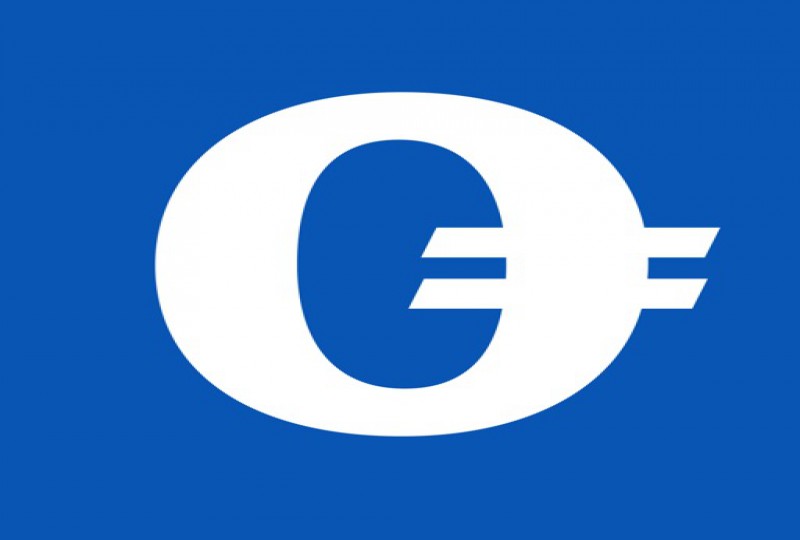About Forex
The international currency market (Forex) is an inter-bank market that was formed in 1971-1976 when international trading changed focus fixed currency rates to floating rates. The rate of one currency to another as defined by mutually agreed exchange rate.
Today the currency market leaves all other markets far behind in terms of its trading volumes. For example, the daily turnover for securities is estimated at 300 billion US dollars - Forex operates with turnovers of several trillion US dollars every day. Forex is an exclusively attractive market for investors throughout the world as it is (1) really global, has (2) high liquidity and (3) profitability.
This market was started as an inter-bank "tool" used for operating huge monetary assets. Today Forex turned into one of the major income sources for the banks. Such renowned banking institutions as Citibank, Chase Manhattan Bank, Barclays Bank, Societe Generale Bank & Trust, ABN-AMRO Bank report to get their biggest revenue from currency operations.
Acceleration in the transfer of monetary assets and information, combined with the latest technological inventions has made it possible to trade on Forex with small capitals: now the lot size and margin are affordable even to investors with less than decent amounts. As a result, Forex attracts a new wave of petty investors and this surely will increase the liquidity of this market.
- Forex gives more benefits for investing:
- you can make contracts even 24 hours a day (if you wish);
- all transactions are done very quickly;
- no commissions are taken when you make a contract (there are no exchange fees on Forex, because brokerage companies get revenue from spread on buy and sell rates).
All you need to work on Forex is to open a trading account at a brokerage company. When you deposit the necessary loan/margin to this account, you get permission to trade the sums which are 1-100 times bigger than your margin. This mechanism is called leveraging.
The key strategy on any market is to buy something cheaper and to sell it better. The same goes for Forex. You buy and sell currencies of various countries. The prices for the currencies are constantly changing as they react to economic indexes, central bank's policies, expectations of market participants and other relating factors.
Traders have to define what direction the currency rate is going to take and buy this currency (if the rate has to grow) or sell it (if the rate falls down). Then traders make the reverse closing transactions and get the profit from the "buy-sell" balance.
How is FOREX.com regulated? |
FOREX.com is registered with multiple regulatory bodies around the world and we take our commitment to financial strength and security very seriously. For more information, click here.
How does FOREX.com make money?
FOREX.com is compensated via spreads, which are the difference between the bid and ask prices, as well as commissions for equity CFDs only. We work hard to provide transparent prices and tight spreads. You may incur a rollover charge if you hold your positions overnight.


Share This Blog